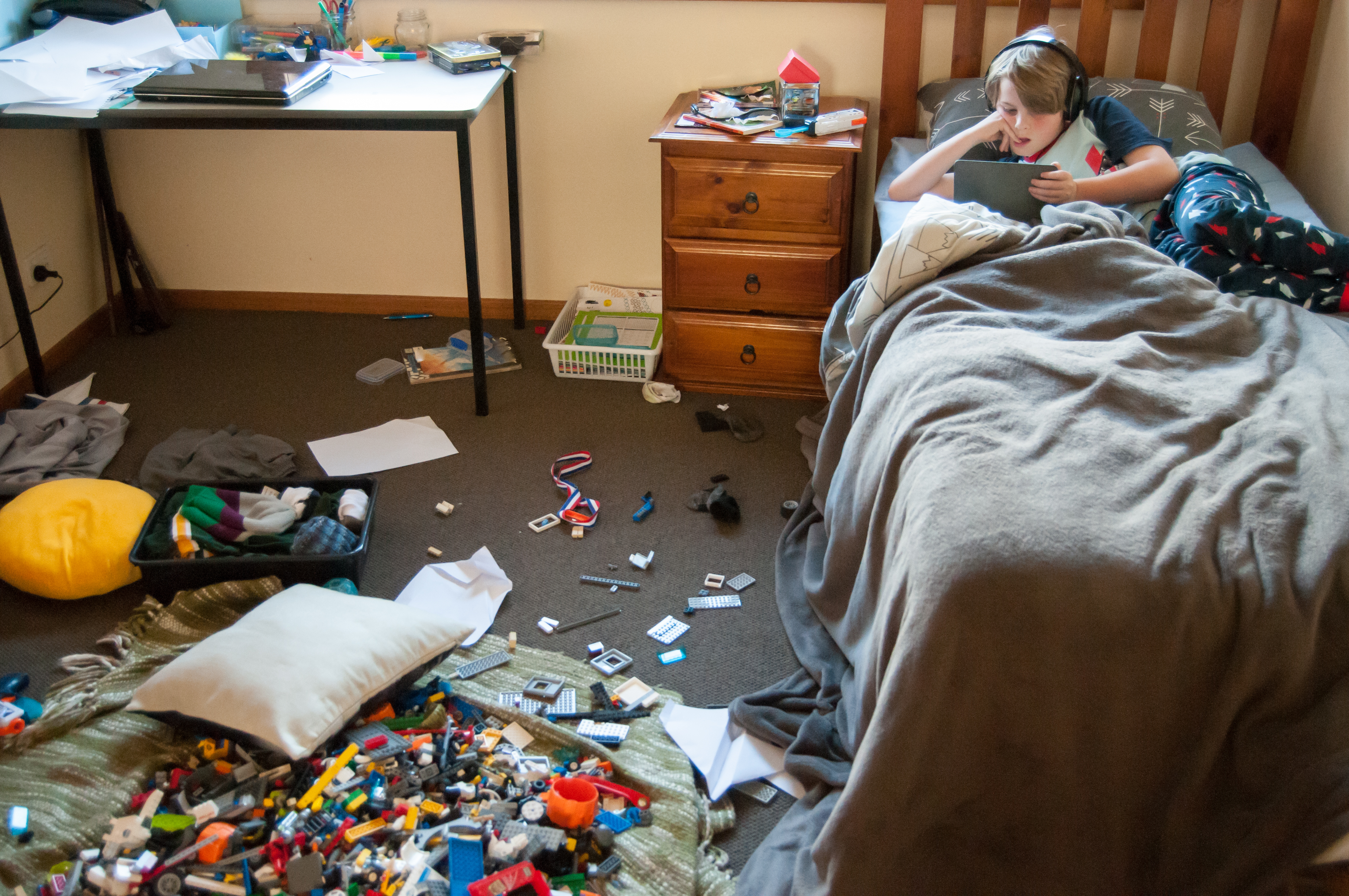Let’s admit it, sometimes we let the kids splurge. Maybe it’s a cookie before mealtime, an extra piece of cake on their birthday or a late bedtime during vacation. Sometimes the rules need to be bent and exceptions should be made. We do this because we don’t see a long-term risk for our kids.
Video games are not one of those things.
If parents let kids play video games only on a special occasion or every-now-and-then, perhaps there would be no dependency problem. However, games provide instant gratification and a release of the feel-good hormone dopamine. That means our kids don’t want to play every-now-and-then. They want to play all the time. They want the whole bag of cookies every night and they don’t know how to stop the craving.
Is your child’s gaming getting out of hand? Gaming is up 75% during this pandemic and parents are struggling. Gaming is listed as the second highest grossing business since the quarantine (second only to groceries).
You may be at the end of your rope with broken rules, ignored limits, pushed boundaries, and conflicts. If you are living with a video game-dependent child, this quarantine may cause more problems than it is worth. Video games are not healthy for every child or teen, and many can’t handle them, especially now with an overabundance of free time.
So let me say seven words that you may need to hear right now: it’s okay to take the games away.
Here are five reasons to uninstall your child’s video game:
Games trigger chemical changes in the brain.
Unlike watching a movie or playing a board game, videogames have no natural stopping point. Video games are designed to trigger a constant flow of dopamine in the reward center of the brain. With this unnatural continuous exposure to dopamine, the brain decreases the number of receptors in order to maintain a balance. Now your son needs to play more to get the same good feeling. He is desensitized in a way. The dopamine is not working as well and this leads to boredom and a craving for more game play and riskier games. He becomes dependent almost overnight. He can’t help it.
Games are loaded with persuasive design elements.
Children are not playing arcade games like PacMan which are missing compulsion loops and elaborate scientific persuasive design elements.
Intermittent rewards keep them frustrated so they will keep playing. Just like a slot machine, he wants to keep playing if he is winning, and he wants to keep playing if he is losing.
Games replace other activities.
Do you feel like your son’s game is making him lazy? If your teen’s video games are his number one hobby, his taste and appreciation for reading, exercise, helping around the house, playing outside and hanging out with the family will diminish. All kids crave low-effort, high-reward activities over hard work. The more he plays the more he will drop out of meaningful hobbies, hard work and important life skills. There are plenty of fun downtime activities that he can enjoy that are much less toxic than gaming. But all of them take much more grit than a video game.
Games change him physically.
Our kids are not designed to be still for hours a day. They should not look pale, weak, or refuse to maintain personal hygiene. Boys especially need to use their muscles so that testerone levels will develop properly. As is true with many things, “if you don’t use it you will lose it.” Take advantage of this gift of extra time to start healthy exercise habits instead of more gaming habits: getting his mile time down and working out with a parent every day.
Games form stubborn bad habits.
When he binges during the quarantine his craving for more game play will get more intense and a habit will form. Now he has to play more to get the same good feeling. His withdrawal from the game will also be more intense making him cranky and moody. It will be difficult for his previous hobbies to be fun again. The drop in dopamine creates a withdrawal effect similar to other addictive activities. Gaming habits are extremely difficult to reverse.
If your child is showing signs of dependency, you are free to remove the game just like you would remove the bag of cookies or a drug. He will get ahead turning all those video game hours into learning a new hobby, reading some great novels, video chatting with his friends, learning new life skills and hanging out talking with you. There are so many things to do to use his imagination but you must take action because the game has a strong hold on him. Expose your child to the different activities that you want him to continue, not the ones you want him to stop. So let me say it one more time: it’s okay to take the games away!
If you know it’s time to rescue your kids from video games, we are here to help you. Take our free ScreenStrong Challenge to get started. During the challenge we will guide you through the first week of no video games to give you a glimpse of what life could be like without recreational screens.


